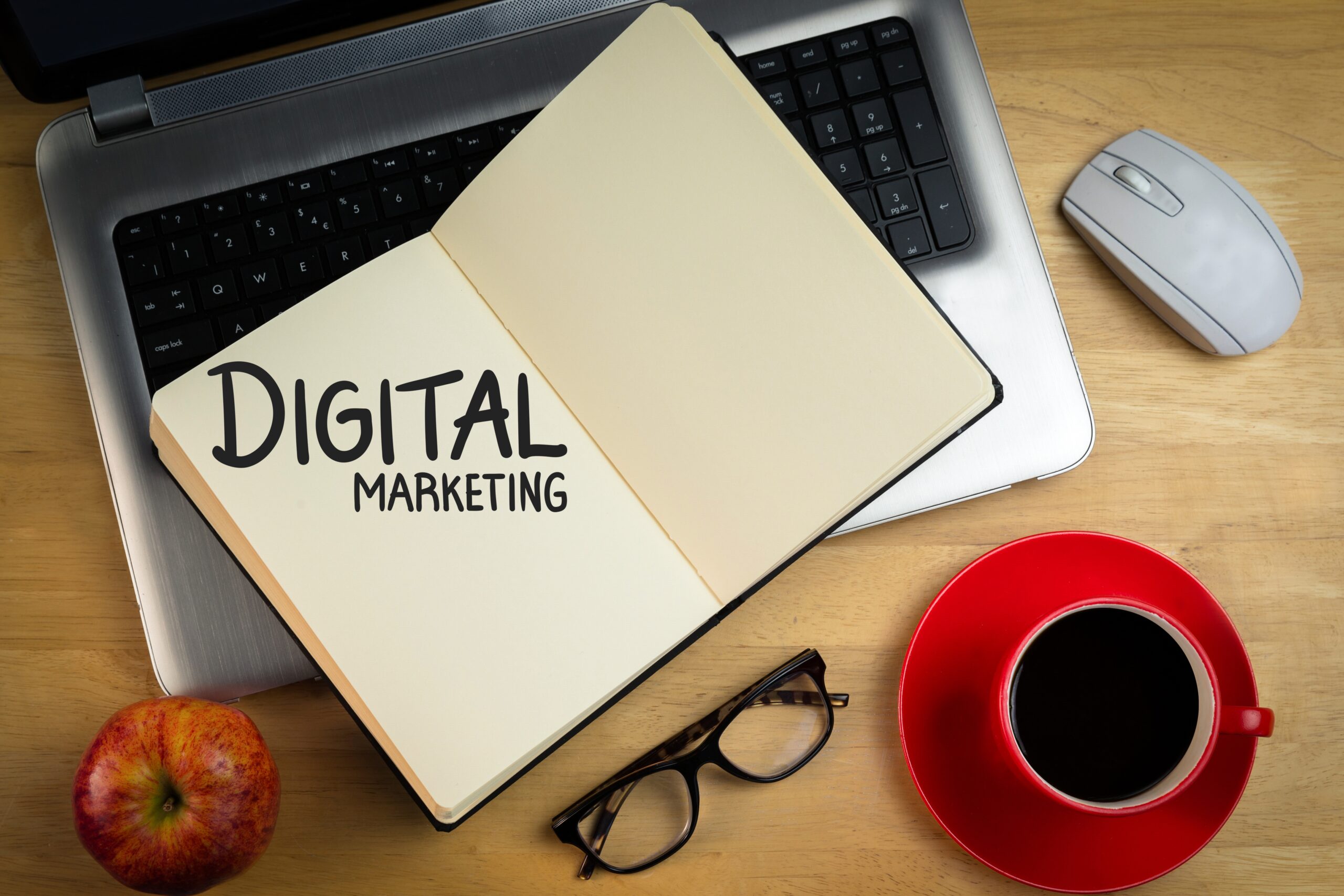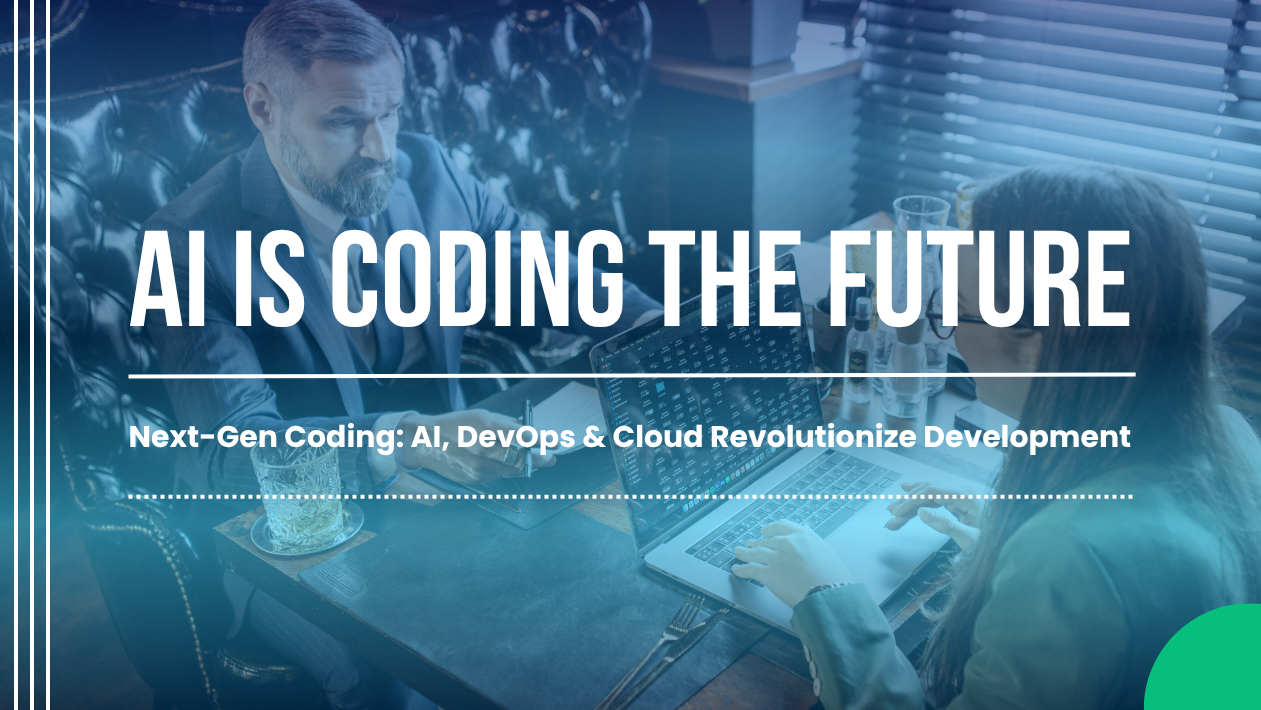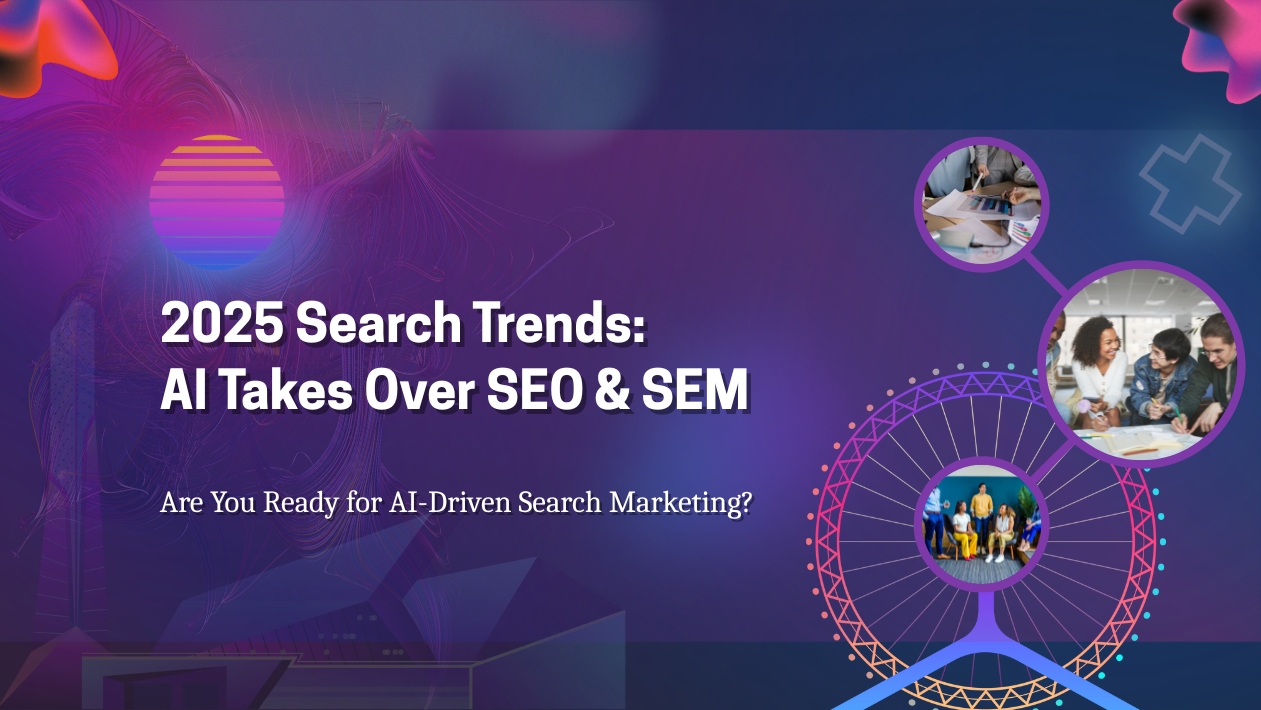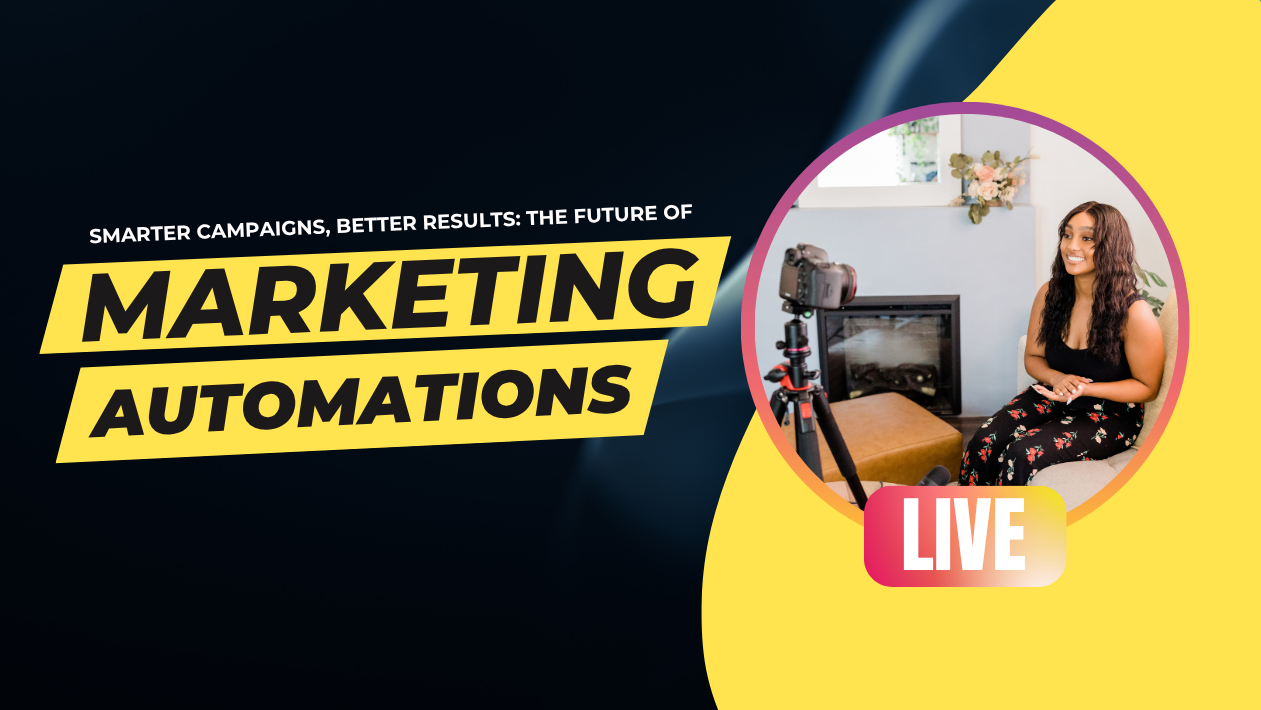The digital marketing landscape in 2025 is experiencing a seismic shift as AI-driven personalization, cookieless targeting, and immersive experiences reshape how brands connect with audiences. Businesses are balancing the power of automation with growing consumer demands for transparency, privacy, and authenticity.
AI-Powered Campaigns Dominate the Scene
Artificial intelligence is now a core driver of marketing decision-making, enabling brands to analyze customer behavior in real time and deliver hyper-personalized messages across multiple channels.
Platforms like Google Performance Max, Meta Advantage+, and HubSpot AI are allowing marketers to automate ad creation, audience segmentation, and predictive analytics at scale.
Rise of Cookieless Marketing
With stricter privacy laws like GDPR and CCPA, and major browsers phasing out third-party cookies, marketers are adopting first-party data strategies. Tools such as customer data platforms (CDPs) and consent-based tracking methods are becoming essential for audience targeting without breaching trust.
Short-Form & Interactive Content Take Over
Video-first platforms like TikTok, Instagram Reels, and YouTube Shorts are driving unprecedented engagement. Interactive formats—quizzes, polls, AR filters—are becoming central to capturing attention in an increasingly competitive content space.
Voice Search & Conversational Marketing Grow
Smart speakers and AI chatbots are making voice search optimization a must-have. Brands are now developing content tailored for natural language queries while integrating conversational AI into their customer service and sales processes.
Sustainability as a Marketing Message
Consumers in 2025 expect brands to demonstrate eco-consciousness. Campaigns highlighting sustainability efforts and ethical sourcing are proving to be more effective in winning customer loyalty.
The Future: Marketing as a Two-Way Dialogue
Experts predict that digital marketing will increasingly move away from one-way advertising toward community-based engagement, where brands act as facilitators of conversations rather than just promoters of products.





